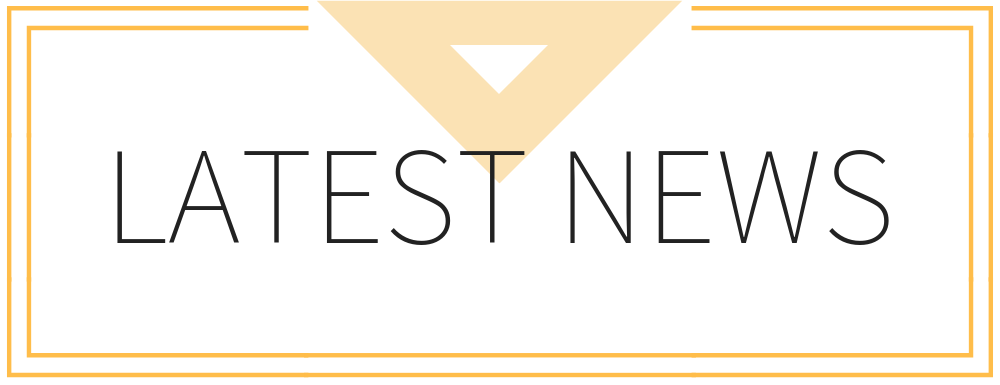Meet a Digital Histories Filmmaker: Barbara Shore
/Digital Histories is a video production and storytelling program for senior citizens created in 2003, and aims to showcase the unique voices and perspectives of our seniors. If you're interested in supporting Digital Histories (DH), please donate here.
As the 2018-2019 season of Digital Histories program gets closer, our Visual Communications (VC) Social Media Intern Elizabeth Kim had a quick chat with Digital Histories Filmmaker Barbara Shore to learn more about her DH experience.
EK: Tell us a little bit about yourself.
BARBARA: I’m married to fellow filmmaker, Kevin Shore, and we have three incredible sons. I received a degree in Broadcasting/TV and Film from Cal State Los Angeles decades ago. I worked a few years in the industry, then left to raise my family. In 2015, I started a YouTube Channel with my best friend, Carol Shubin, and my husband, Kevin Shore, where we produce short films. It was the perfect training for what was around the corner!
EK: How did you find out about Visual Communications and Digital Histories?
BARBARA: My aunt passed away a few years ago. At the funeral, my cousin introduced me to a friend from high school. When I told her that I was making short films for my YouTube Channel, she told me about the Digital Histories Program, because she had a friend who was in it. I am so grateful for that conversation.
EK: What inspired you to make your 2018 Digital Histories film TAIKO REFLECTIONS?
BARBARA: I attended a Taiko performance at a local college last year and was very impressed by the program. Johnny Mori and George Abe* were part of this program, and I was inspired to ask for an interview. Sometimes the hardest part is mustering up the courage to go up and talk to extraordinary people. I’m so glad I did, even though I was a bit scared to ask.
*Johnny Mori is a musician and arts educator/administrator, and has taught workshops on taiko and Japanese American culture. George Abe is a renowned taiko and flute performer, who was born at Manzanar concentration camp.
EK: What was your favorite part of the filmmaking process?
BARBARA: Every part of filmmaking is exciting. I think the final stages of the editing process are my favorite, when it all starts to come together. Sometimes when I get to that point, I don’t want to stop and eat or sleep. Then you realize you feel awful, and you better and sleep a bit or you might die.
EK: What was the most challenging?
BARBARA: The beginning stages of editing can be grueling. Crafting hours of footage and stories into a very short film is not easy to do. We had three hours of footage to go through. There were so many stories we had to leave out because we were supposed to try to keep the film at five minutes in length. That was the hardest part for sure.
EK: What was it like to see your film on the big screen at the Los Angeles Asian Pacific Film Festival?
BARBARA: As I worked on my film throughout the year, my fellow filmmakers saw each clip, over and over, and shared comments and suggestions with me. They were honest, yet supportive. To screen a film in a theater full of strangers and feel the vibe of the crowd was a whole different experience. It was an experience I’ll always treasure.
EK: As a senior filmmaker, what do you personally think is the value of a program like Digital Histories?
BARBARA: Meeting other filmmakers was invaluable to me. It inspired me and got my creativity flowing. These extraordinary new friends are open to new adventures and making a difference in this world. And so am I.
EK: Are you planning on continuing with Digital Histories in the future?
BARBARA: I do plan on continuing with Digital Histories. I’m already trying to come up with ideas for my next film. It’s a great program and I encourage other senior filmmakers to join us on this journey!
Help us continue our Digital Histories program by donating here.





